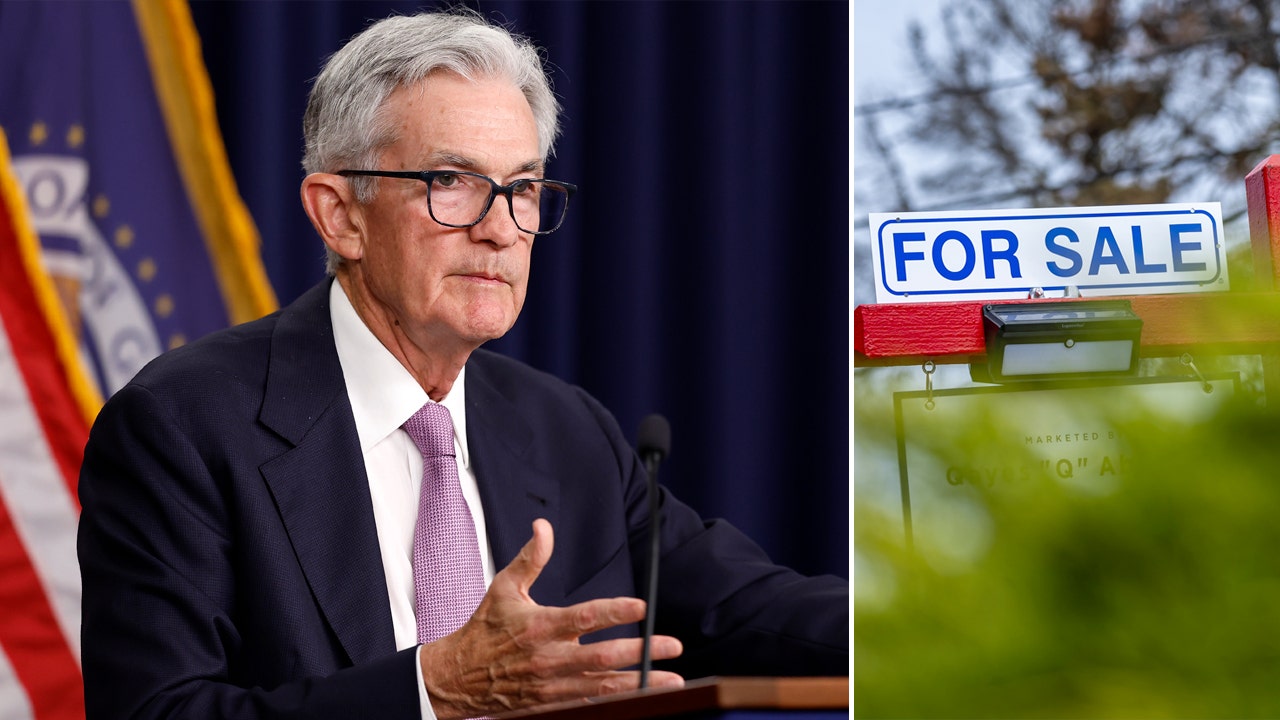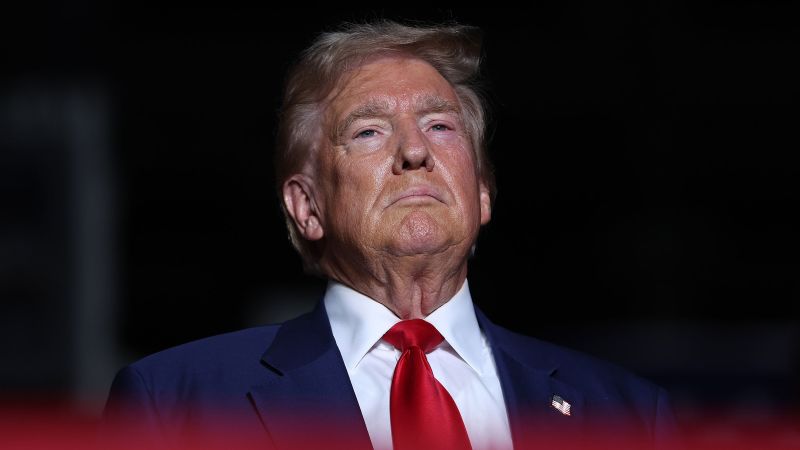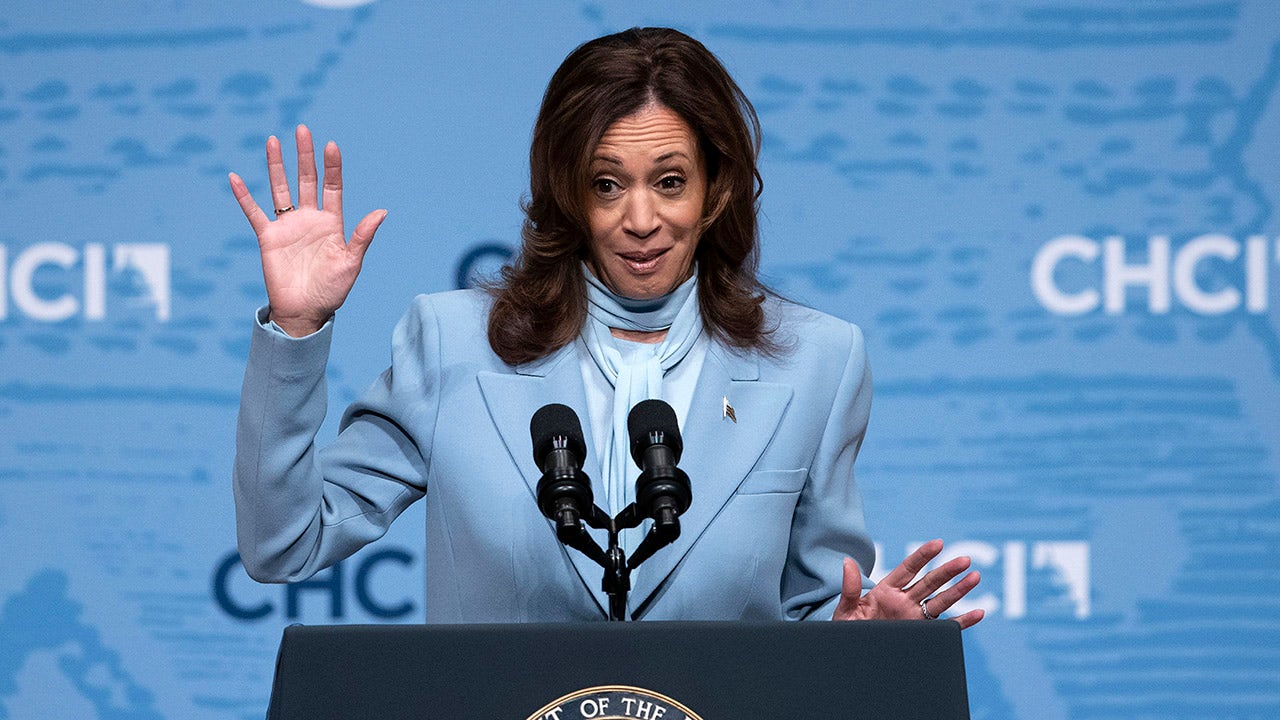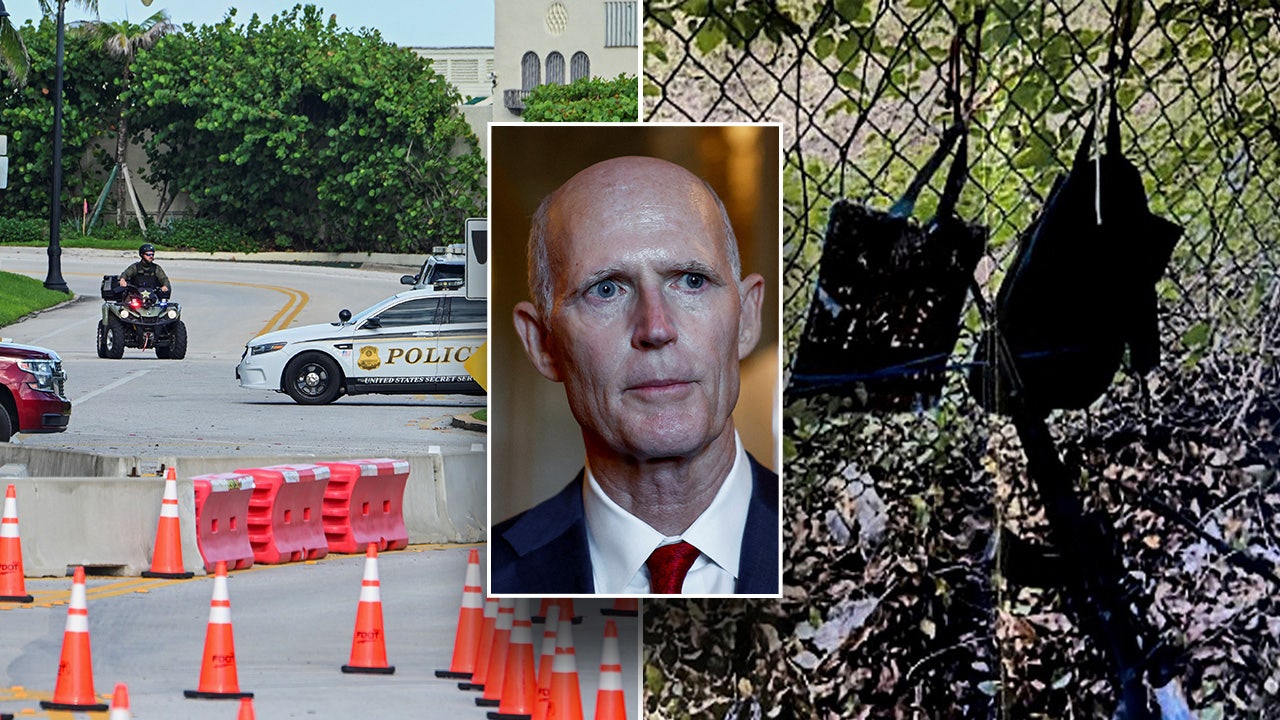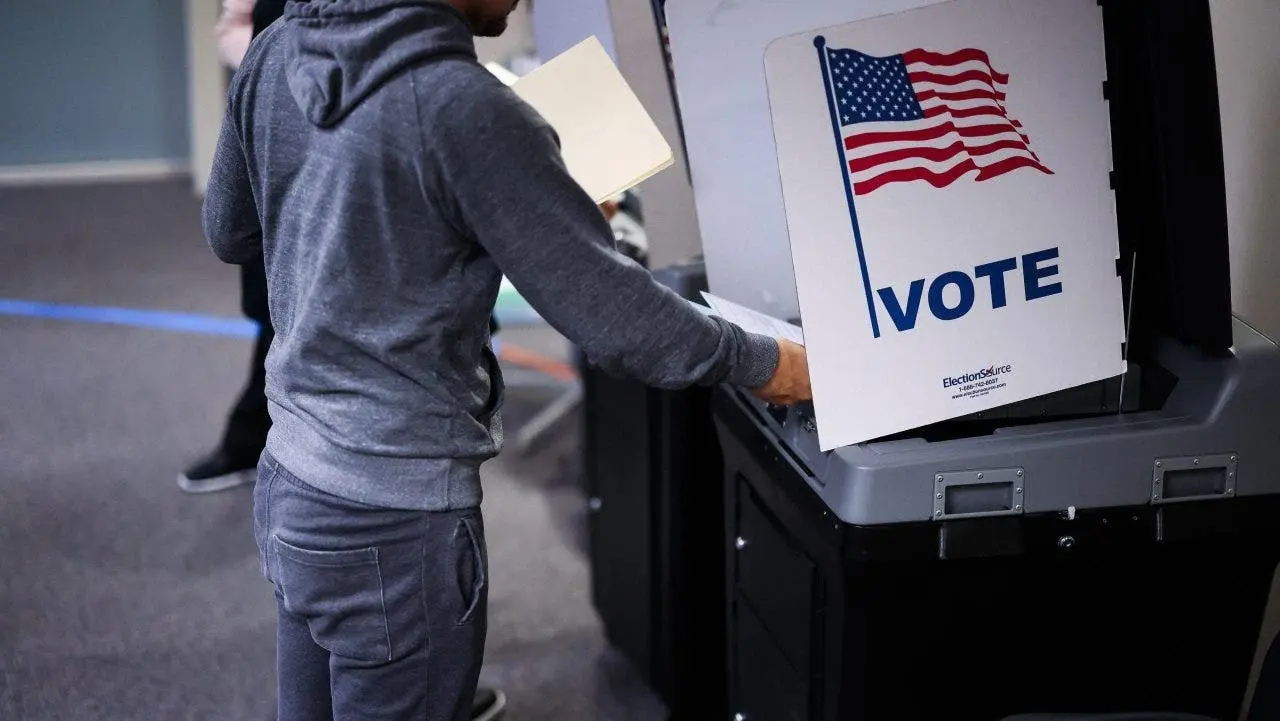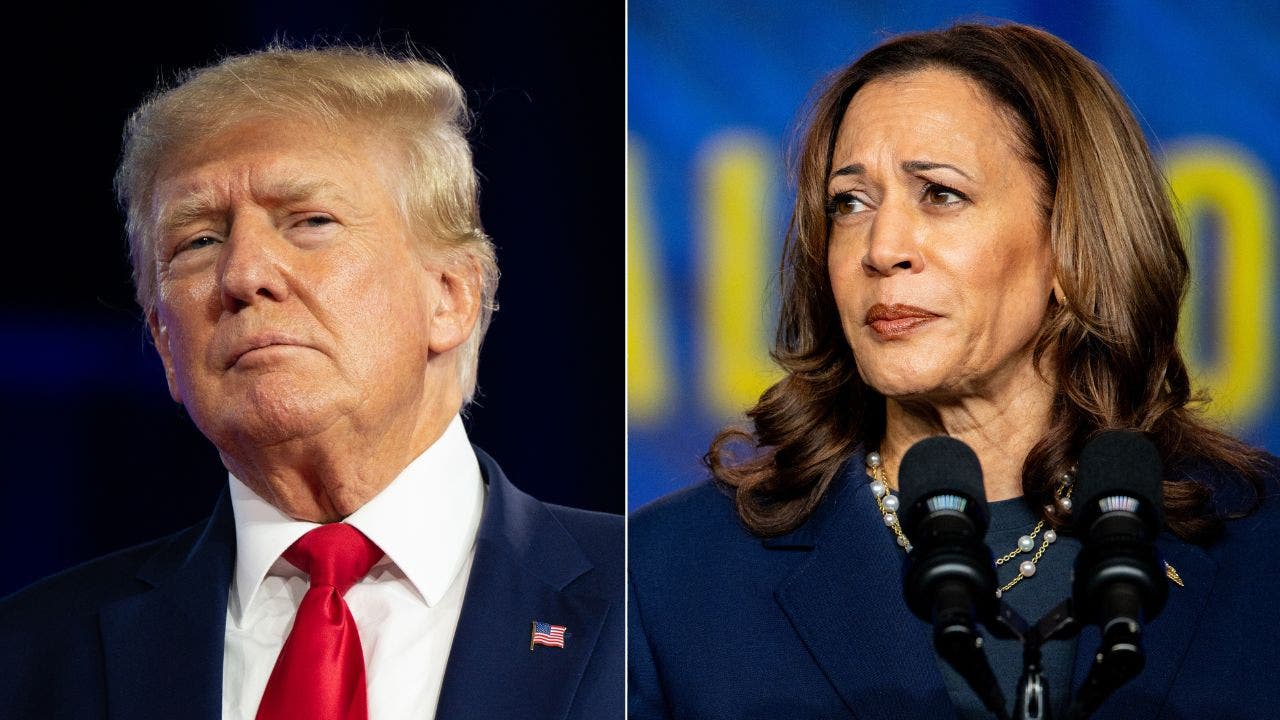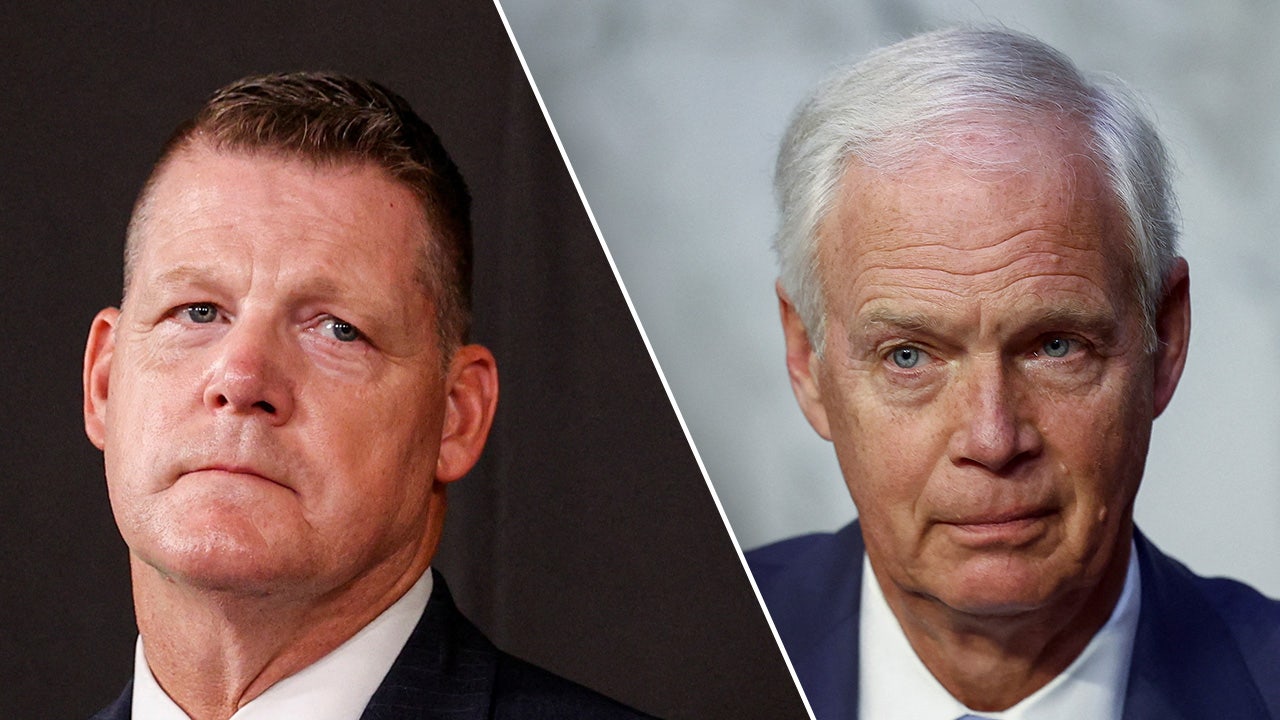Donald Trump on Monday will unveil a new cryptocurrency business during an evening address from his Mar-a-Lago estate, the latest venture that stands to benefit the former president as he seeks another four years in the Oval Office.
Details on the new business, which will be called World Liberty Financial, are limited, but Trump’s sons have spent weeks promoting it. The GOP nominee himself has teased the latest expansion of his family’s business empire from the same social media account that carries his political messaging.
“We’re embracing the future with crypto, and leaving the slow and outdated big banks behind,” Trump wrote on X as he invited his followers to tune in to Monday’s announcement. The virtual event is expected to proceed as planned despite Sunday’s apparent assassination attempt on Trump while golfing at his club in West Palm Beach, Florida.
No major party nominee has ever leveraged their candidacy for personal profit quite like Trump has during his third White House bid. Since entering the race nearly two years ago, Trump has netted millions of dollars selling new items featuring moments from his political life while also generating billions of dollars in wealth through a social media site where he speaks directly to supporters.
His fans can buy coffee table books featuring pictures and letters from his presidency or, if they prefer, a Trump-themed Bible. He has sold $399 golden sneakers and recently advertised to supporters “fifty all new stunning digital trading cards” for purchase at a cost of $99 each. Buy 75 and get access to a dinner gala with Trump, plus pieces of a suit he wore in his debate against President Joe Biden.
“These cards show me dancing and even holding some bitcoins,” Trump said in a video posted to Truth Social.
But this latest enterprise, taking off just 50 days before the election, comes with a hornets nest of ethical conflicts should Trump win in November. On the campaign trail, the former president has promised to usher in a wave of policies favorable to digital currencies as he courted the votes and financial support of the bitcoin community. Now, a company he is helping to get off the ground could stand to benefit from the actions he takes in the Oval Office.
There’s little precedent for a candidate creating such obvious overlapping obligations so close to an election, said Jordan Libowitz with the government watchdog group Citizens for Responsibility and Ethics in Washington.
“You generally see presidential candidates try to separate themselves from their conflicts of interest instead of bringing new ones into the fold,” Libowitz said. “It’s definitely new to see a president launching a new company while also at the same time talking up new policies that would potentially directly affect that company.”
Yesha Yadav, a law professor at Vanderbilt who studies financial regulation and cryptocurrencies, said Trump’s new undertaking also raises questions about what would happen if it necessitates enforcement action by the next administration.
It’s a reality that “needs to be taken seriously,” Yadav said, given the financial risks of a project that may attract hackers and investors “purely based on the celebrity of the former president and his family.”
No law requires presidents to divest from their wealth before taking office, but those who have held the office have traditionally gone to great effort to assure voters they had disentangled their executive decision making from their personal finances to prevent even the appearance of impropriety. President Jimmy Carter put his peanut farm in a blind trust before he took office. President Ronald Reagan and his Vice President George H.W. Bush moved their considerable wealth into trusts, too.
Trump, though, shattered historical norms in his first term when he turned over his businesses to his two sons instead of divesting or shielding himself from the management of the family’s transnational conglomerate.
The Trump campaign did not respond to questions about these concerns, while also insisting that his latest project would not distract from the former president’s intensifying race against Vice President Kamala Haris, now in the home stretch.
Trump spokesman Steven Cheung argued that Trump has “out-worked” Harris and would continue to.
“There is nobody more committed than President Trump to save America from the weak, failed, and dangerously liberal policies of Kamala,” Cheung said.
Trump was a businessman long before he entered politics and he has cashed in on his fame for decades, putting his name on everything from buildings to steaks. The businesses Trump has launched while campaigning have proven quite lucrative for the lifelong dealmaker.
Trump made about $7.2 million in 2023 through a licensing deal with NFT INT, LLC, the company that is selling digital NFT, or non-fungible token, “trading cards” featuring the former president, according to financial disclosures he filed in August.
In December, Trump began selling special edition NFTs featuring his Georgia mugshot after he was indicted on charges related to his failed attempts to overturn the 2020 election there. Those willing to buy the full set were offered a special physical card with pieces of the blue suit and red tie Trump wore in the photo. The price? $4,653.
Advertisements of Trump promoting the NFT deals are shot in nearly identical fashion to videos his campaign released of the former president announcing his agenda for a second term. In both the infomercials and the campaign videos, Trump, wearing a navy suit, appears positioned with American flags on either side of him as he makes a direct-to-camera pitch from inside the same Mar-a-Lago room.
“It was a great suit, believe me, a really good suit,” Trump said in the video for the mugshot NFTs. “It’s all cut up, and you’re gonna get a piece of it.”
Trump reported making more than $5 million through another business, CIC Ventures LLC, largely in royalties from his books “Letters to Trump” and “Our Journey Together.” He also reported making $300,000 in royalties from “The Greenwood Bible,” a venture associated with country singer Lee Greenwood. The bibles have since been renamed the “God Bless the USA Bible” after the Greenwood anthem that plays when Trump enters his campaign events.
“Happy Holy Week! Let’s Make America Pray Again. As we lead into Good Friday and Easter, I encourage you to get a copy of the God Bless the USA Bible,” Trump wrote in a March social media post that directed his supporters to a website selling the book for $59.99.
The launch of these new licensing deals and products have come as mounting legal bills and court defeats have proven costly for the former president. His line of golden sneakers debuted a day after a Manhattan judge ordered Trump to pay over $454 million as part of a civil fraud case. He first hawked the shoes at a Philadelphia conference for sneakerheads, and then appeared hours later at a rally in Michigan – an illustration of how Trump has also mixed business with the campaign trail.
The largest share of Trump’s net worth, at least on paper, is his ownership share of Trump Media & Technology Group, the parent company of the Truth Social social media network he started in his post presidency after he was kicked off other sites. Trump reported in his disclosure owning nearly 115 million shares of the company’s common stock.
Speaking to reporters Friday in Los Angeles, he insisted he had no plans to sell his majority stake in Trump Media. A lockup clause that prevents Trump from shedding shares until six months after the company went public is scheduled to end later this month.
The episode provided an example of how the former president, in a matter of moments, can cause his net worth to fluctuate by nine figures just by opening his mouth. Trump Media stock, which has fallen sharply in recent months, jumped 25% after Trump’s remarks Friday.
A venture full of risks and conflicts
Perhaps none of Trump’s post-presidency endeavors to date, however unusual, present the potential for ethical quandaries quite like his next venture.
Trump has yet to divulge the extent of his involvement, and other details about World Liberty Financial remain sparse. The former president is expected to explain more Monday night when he delivers what is being billed as a “State of Crypto Address” from Mar-a-Lago.
But in launching World Liberty Financial, Trump and his family are entering a nascent industry that has clashed with federal regulators as it seeks to gain legitimacy. The next president is certain to confront questions about whether to put guardrails around or encourage growth in this burgeoning but highly speculative sector of financial technology.
“He would be in a position to directly impact the fortunes of this company,” Libowitz said.
Trump, who once dismissed bitcoin as “not money,” has already made several cryptocurrency-friendly policy commitments. He pledged to fire Securities and Exchange Commission Chair Gary Gensler, whose bearish outlook on cryptocurrency has made him a regular target of their scorn, and promised to create a “strategic national bitcoin stockpile.”
“If crypto is going to define the future, I want it to be mined, minted and made in the USA,” Trump told the industry’s largest annual gathering this summer.
His support came as cryptocurrency leaders and investors have donated millions of dollars to his campaign and aligned political committees. Trump’s campaign has not explained the former president’s 180-degree turn on bitcoin or the potential conflicts raised by this new crypto project. Brian Hughes, an adviser for the campaign, told CNN in a statement that Trump “is ready to encourage American leadership in this and other emerging technologies.”
While Trump’s about face on bitcoin was cheered on by the industry, there is growing concern that his personal interest in cryptocurrency is the latest example of a celebrity looking to capitalize on a buzzy new investment opportunity.
“A lot of projects have been building in this space for years with experienced teams and audited systems,” said Gareth Rhodes, an attorney at the regulatory firm Pacific Street and a former financial regulator for the state of New York. “Is this going to be part of that group of companies or is it more of a barometer of his political prospects like a meme coin or his media stock, which fluctuates whether people think he’s going to win the election?”
“Most people I talk to think it’s going to be in the latter camp but they’re waiting to see what the product is,” Rhodes added.
There are also potential security risks of having a president closely involved in an industry that has already suffered serious setbacks from high-profile fraud cases as well as orchestrated hacks by nefarious actors, sometimes in foreign countries.
Nic Carter, a crypto investor who supports Trump, warned on X that the new company would be “the juiciest DeFi target ever” for hackers, using a shorthand term for “decentralized finance.”
“At best it’s an unnecessary distraction, at worst it’s a huge embarrassment and source of (additional) legal trouble,” Carter wrote.
Yadav, the Vanderbilt professor, agreed, saying it could “damage his credibility as the crypto-president if the venture fails or results in members of his voter base losing their funds.”
Already, hackers posted messages on X accounts of Trump’s daughter Tiffany and his daughter-in-law Lara that linked their followers to a fake World Liberty Financial website.
Meanwhile, the biography for the real X account of World Liberty Financial reads like an omen of these potential pitfalls.
“Beware of Scams!” it says. “Fake tokens & airdrop offers are circulating. We aren’t live yet!”
Read the full article here



